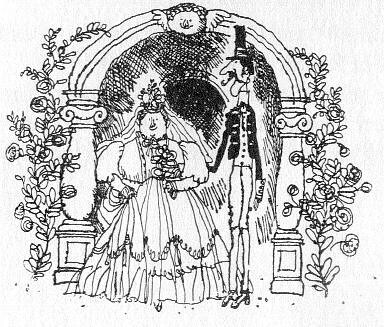Life, family & other commitment ate the time I’d set aside to write my ABBA post this month, so instead of waffling on about the WIP (again) I thought I’d use this opportunity to extol the wonders of online writing masterclasses that have sprung up since this weird plague season began.
First up, the writing charity, Arvon. I’d urge anybody who’s feeling the slighted bit jaded about their craft to Google ‘Arvon at Home Masterclasses’ and take a look at what’s coming up, alternatively see if this link works:
https://www.arvon.org/arvon-at-home/
Their emailed info seems to be updated often, so it might be worth subscribing to that, too; it’s where I found all four of the super sessions I’ve attended. Highlights over the summer were Will Self on place, Hisham Matar on not letting pre-determined intentions get in the way of creativity, and Chris Cleaver on harnessing the psychology of transference and anxieties as part of one’s creative life.
This upcoming one on October 1, with Roger Robinson already caught my eye:
“Join Roger as he discusses the making of, and decisions behind his award winning book, A Portable Paradise. A workshop peppered with literary and aesthetic rationales behind the book from inception to print. The craft talk will also reference his personal writing practices and how you can replicate them within your own process with writing prompts. Poetry readers will leave with a greater appreciation of what goes into the making of a book of poems; writers will leave with tools to improve their craft.”
They last two hours, cost £35, and all you’ve got to do is settle in on the day at 1100 am via Zoom for advice, practical exercises, smart questions from fellow attendees, and a wonderful sense that the global writing community is a haven in our mad, mad world.
The Women’s Prize for Fiction's evenings with their short listed authors were brilliant, too. It was like having Maggie O’Farrell, Hilary Mantel and Bernadine Evaristo et al chatting with Kate Moss in your kitchen. Writers don’t seem to worry about faking a posh backdrop so it was all v homely and relaxed, and an absolute bargain at £10. I really, really hope they do it again next year. And maybe other prizes will imitate the Women’s Prize. Hint, hint Booker.
Infuriatingly, I’ve not managed to make a Words Away’s Zoom Salon yet but they look fab. The next one is on October 12, with author and poet, Caoilinn Hughes. Here’s a link and the blurb:
https://www.wordsaway.info/zalon-events
“Experimenting with character, voice and dialogue can open up your writing practice and lead to exciting possibilities. But what do we mean when we talk about ‘voice’? How can dialogue work to add vibrancy and colour to our writing? Caoilinn’s debut novel, Orchid & the Wasp (2018) won the Collyer Bristow Prize and was a finalist for four other prizes. Her second novel, The Wild Laughter, was published in June 2020.”
Lastly, The Guardian’s back-to-school masterclasses have proved too much of a temptation for the autumn, so September and October will find me propped up on the dog’s sofa (the best Wifi spot) with the cat trying to get onto my lap, a coffee going cold, and notebook & pen at the ready for neuroscience and creativity, the philosophy of identity and more!
Here’s their link, which sadly is cluttered with all sorts of stuff. As a subscriber, I find their emails way easier to use to track down the best bits. If you've found any similar gems, I'd love to hear about them. Happy Zooming!
https://www.theguardian.com/guardian-masterclasses/series/back-to-school
Twitter: @HouseRowena
Website: rowenahouse.com










